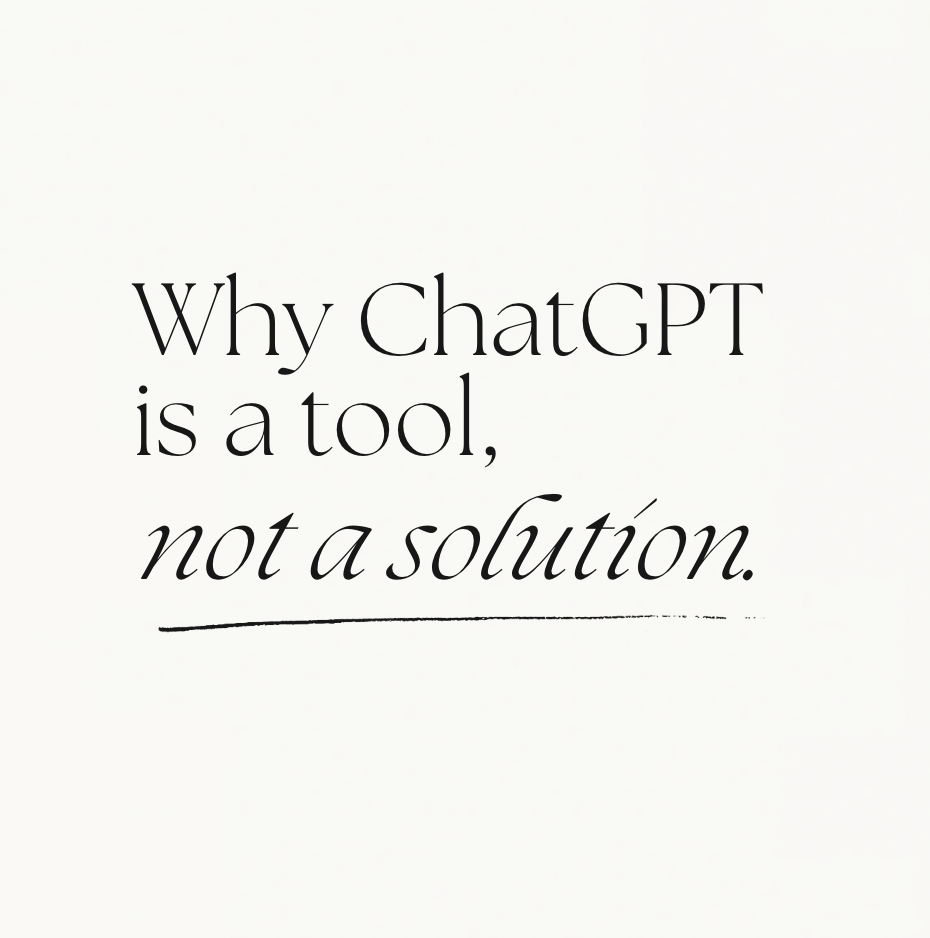Recently ChatGPT, an OpenAI language model, has garnered attention as a powerful tool for social media and digital marketing. However, it's important to recognize that while ChatGPT can offer valuable assistance, it is not a comprehensive solution!
ChatGPT can answer general questions, but struggles with complexity:
It excels at providing answers to general questions by leveraging its extensive knowledge base. However, when faced with complex inquiries that require nuanced understanding, ChatGPT may fall short. Its responses are based on patterns and associations derived from training data, which can limit its ability to grasp intricate concepts or handle intricate scenarios. Consequently, human intervention and expertise are often necessary to address complex inquiries adequately.
ChatGPT can help find leads, but lacks human emotional intelligence:
One of the strengths of ChatGPT in digital marketing lies in its capability to identify potential client leads based on specified criteria. It can efficiently analyze vast amounts of data and provide relevant information. However, ChatGPT's Achilles' heel lies in its inability to mimic human emotion and empathy while communicating with these leads. Establishing meaningful connections and nurturing relationships often require the human touch, including the ability to empathize and understand subtle emotional cues, which ChatGPT lacks.
ChatGPT can generate ideas, but falls short on content creation:
It can be an invaluable tool for brainstorming and generating new ideas for content creation in social media and digital marketing. It can provide fresh perspectives and creative insights; however, content curation is an area where ChatGPT struggles. While it can generate original ideas, the human touch is indispensable when it comes to selecting and evaluating content for relevance, accuracy, and aligning with the brand's voice and values.
ChatGPT can assist in market research, but is unable to implement strategies:
It's ability to process and analyze vast amounts of data makes it an excellent resource for market research. It can identify trends, consumer preferences, and patterns that can inform marketing strategies. However, ChatGPT falls short when it comes to translating this research into actionable marketing strategies or creating content. Its limitations lie in not being able to fully understand the nuances of a brand, its target audience, or the creative elements that make a marketing campaign effective. It is up to human marketers to leverage the insights from ChatGPT and apply their expertise to implement effective strategies.
While ChatGPT offers valuable support in social media and digital marketing, it is crucial to understand its limitations. It can answer general questions, find client leads, generate ideas, and assist in market research, but it cannot replace human intervention. The human touch, emotional intelligence, curation abilities, and strategic implementation remain indispensable elements in these domains. By recognizing ChatGPT as a tool rather than a solution, marketers can leverage its strengths while complementing it with human expertise, ultimately achieving more effective and impactful digital marketing campaigns.
Read more

Did you know that 4.59 billion (58%) of the world actively uses social media? This number is projected to increase to 6 billion in 2027! Coupled with the rise of social media is the emergence of s...

In the fast-paced world of modern business, staying ahead of the curve often means embracing the power of effective marketing. But did you know that investing in professional marketing services can...

